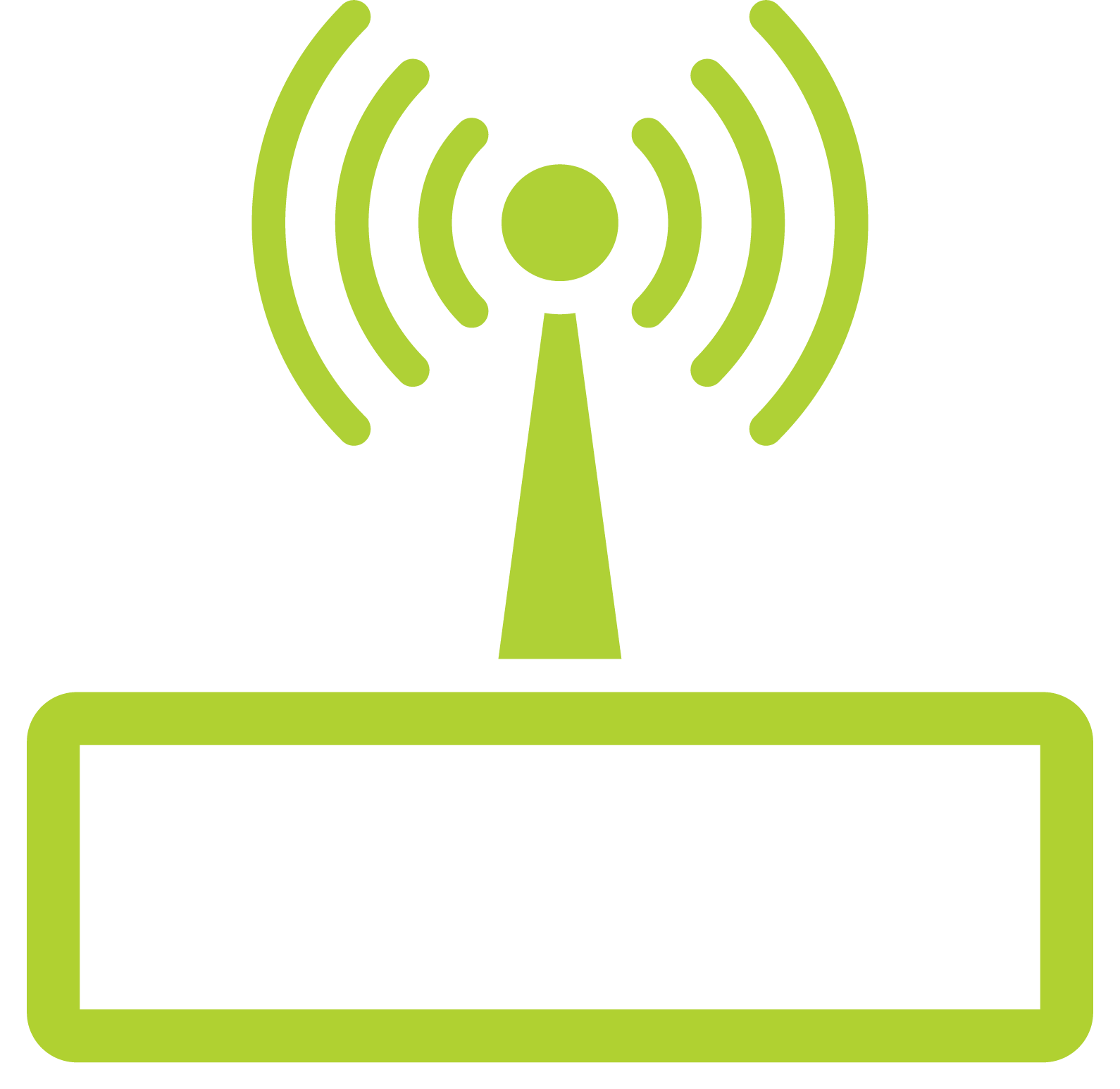Exploring the Effect of Network Standards on Improving Internet Access in Multi-Unit Residences
Exploring the Effect of Network Standards on Improving Internet Access in Multi-Unit Residences
Blog Article
Network standards play a vital role in enhancing internet access, particularly in multi-dwelling units (MDUs) like flat buildings and condo complexes. These standards define how information is transmitted over systems, ensuring that equipment can communicate efficiently. As more individuals depend on the internet for employment, learning, and entertainment, having a dependable and fast link in MDUs has become progressively important. By comprehending Ethernet protocols, property administrators and residents can make informed choices about their web services, resulting to better access for everyone.
One of the primary Ethernet standards is IEEE 802.3, which outlines the requirements for cabled Ethernet connections. This specification has developed over the years, introducing quicker rates and improved performance. For instance, the original Ethernet specification offered speeds of 10 Mbps per sec, while newer versions, such as Gigabit Ethernet, can provide speeds of up to 1,000 Mbps. In MDUs, where multiple tenants utilize the same internet connection, having a high-speed Ethernet network can greatly enhance the overall consumer interaction. Quicker speeds mean faster file transfers, more seamless broadcasting, and more reliable video calls, which are crucial for off-site employment and online education.
Another important feature of Ethernet protocols is the implementation of organized cabling systems. These structures arrange and coordinate the system cables that connect devices within a building. By following the principles set by Ethernet protocols, MDUs can ensure that their wiring is effective and efficient. This structure helps reduce signal interference and enhances information transfer quality. Additionally, structured wiring enables for simpler improvements and servicing, allowing it simpler for property managers to adjust to evolving tech requirements. As internet usage persists to increase, having a well-structured cabling system becomes vital for maintaining top-notch access.
Electricity over Ethernet (PoE) is another important advancement in Ethernet tech that aids MDUs. PoE enables system cables to carry electrical power together with information, removing the requirement for individual electric supplies for equipment like safety cameras, Wi-Fi access nodes, and VoIP devices. This capability streamlines setup and minimizes disorder, making it easier to establish a complete system in multi-unit buildings. By leveraging PoE, property managers can enhance security and improve internet access throughout the building without the added expense of extra power work.
In conclusion, Ethernet standards have a significant effect on internet connectivity in multi-unit buildings. By providing faster rates, structured cabling, and additional info advanced features like Power over Ethernet, these protocols assist create a reliable and effective system for residents. As tech persists to advance, staying informed about Ethernet protocols will be essential for building administrators and residents alike. By investing in the right infrastructure, MDUs can ensure that all tenants enjoy a seamless web interaction, making their residences more linked and convenient.